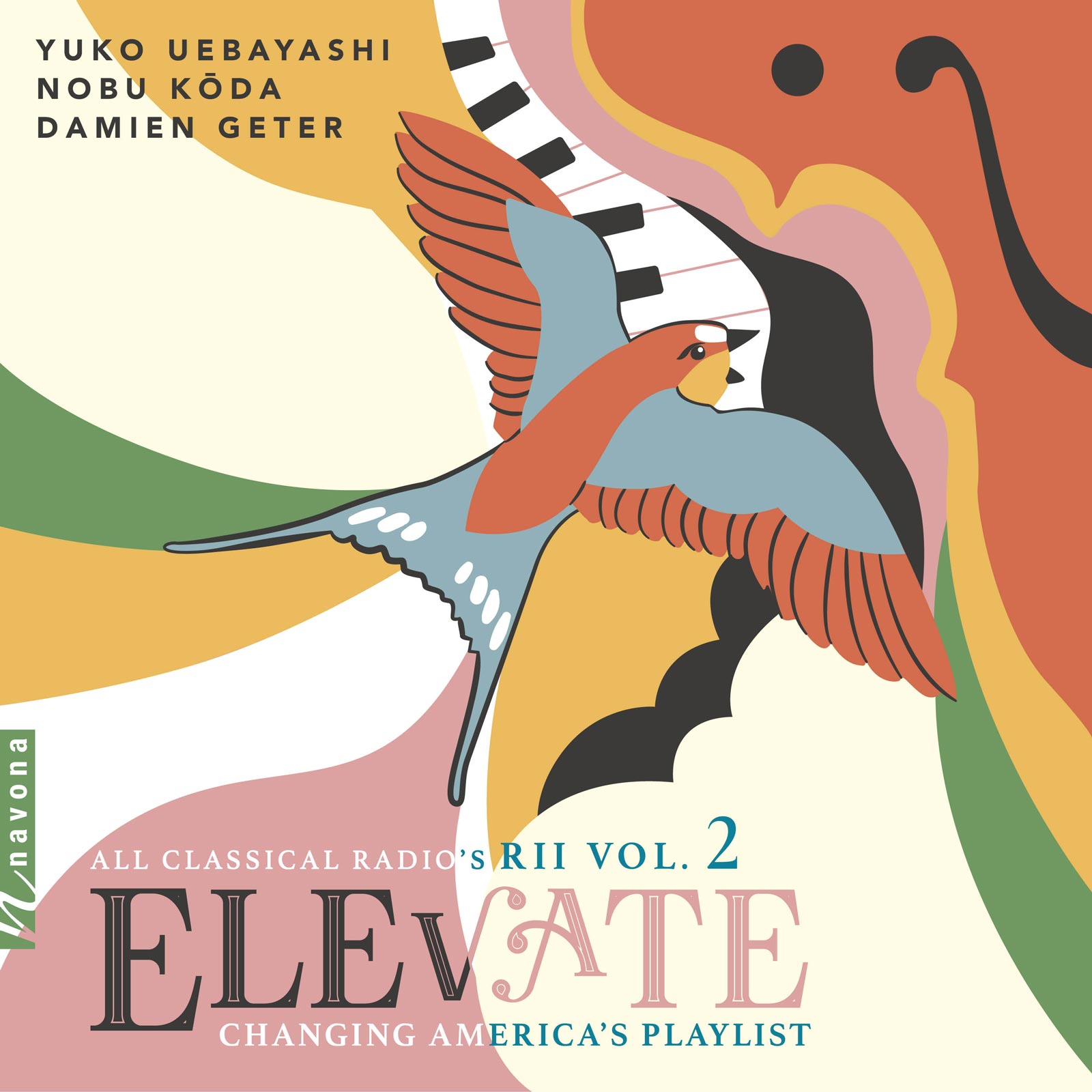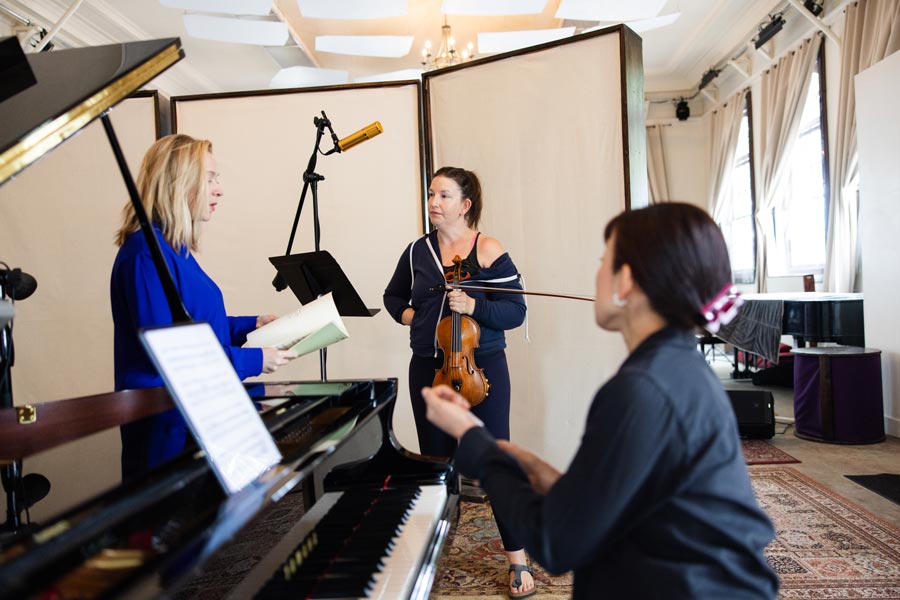Elevate
Yuko Uébayashi composer
Nobu Kōda composer
Damien Geter composer
Navona Records is pleased to present ELEVATE, the second installment of All Classical Radio’s award-winning Recording Inclusivity Initiative. A response to the industry’s inequities in classical music recordings, the RII highlights music from underrepresented communities to build a more diverse and inclusive soundscape around the world. Bringing to life the sonatas of Yuko Uébayashi and Nobu Kōda and a string quartet by Damien Geter, ELEVATE pairs deserving compositional talent with several of today’s leading classical performers — a synergetic testament to the power of uplifting each other in the arts.
Track Listing & Credits
| # | Title | Composer | Performer | |
|---|---|---|---|---|
| 01 | Sonata for Flute and Piano: I | Yuko Uébayashi | María García, piano; Martha Long, flute | 10:33 |
| 02 | Sonata for Flute and Piano: II | Yuko Uébayashi | María García, piano; Martha Long, flute | 2:27 |
| 03 | Sonata for Flute and Piano: III | Yuko Uébayashi | María García, piano; Martha Long, flute | 6:19 |
| 04 | Sonata for Flute and Piano: IV | Yuko Uébayashi | María García, piano; Martha Long, flute | 6:24 |
| 05 | Sonata in E-Flat Major: I | Nobu Kōda | Yoko Greeney, piano; Emily Cole, violin | 5:40 |
| 06 | Sonata in E-Flat Major: II | Nobu Kōda | Yoko Greeney, piano; Emily Cole, violin | 5:38 |
| 07 | Sonata in E-Flat Major: III | Nobu Kōda | Yoko Greeney, piano; Emily Cole, violin | 5:43 |
| 08 | Sonata in d minor | Nobu Kōda | Yoko Greeney, piano; Emily Cole, violin | 7:29 |
| 09 | String Quartet No. 1: Neo-Soul: I. Bop | Damien Geter | Inés Voglar Belgique, 1st violin; Ruby Chen, 2nd violin; Jennifer Arnold, viola; Nancy Ives, cello | 5:24 |
| 10 | String Quartet No. 1: Neo-Soul: II. Feelin' Some Type of Way | Damien Geter | Inés Voglar Belgique, 1st violin; Ruby Chen, 2nd violin; Jennifer Arnold, viola; Nancy Ives, cello | 6:00 |
| 11 | String Quartet No. 1: Neo-Soul: III. Please Don't Kill My Vibe | Damien Geter | Inés Voglar Belgique, 1st violin; Ruby Chen, 2nd violin; Jennifer Arnold, viola; Nancy Ives, cello | 5:53 |
Special thanks:
All Classical Radio extends heartfelt thanks to everyone who has supported this important recording initiative, including but not limited to Bob Lord and PARMA Recordings; the RII Panel; Regional Arts and Culture Council; the team at The Hallowed Halls; Arianna Avena; Shawn Murphy; and the loyal listeners, supporters, staff, volunteers, CAG, and Board of Directors of All Classical Radio.
Sonata for Flute and Piano, Sonata in d minor
Recorded August 2–4, 29-30, 2023 at The Hallowed Halls in Portland, OR
Recording Session Producer Suzanne Nance
Recording Session Assistant Producer Robert Langslet
Recording Session Engineer, Editing & Mixing Justin Phelps
Recording Session Engineer Daniel Hornbeck
Mastering Engineer Will Quinnell, Sterling Sound
RII Project Manager Kristina Becker
String Quartet No. 1, “Neo-Soul”
Recorded October 19 – 22, 2020 at All Classical Radio Studios in Portland, OR
Executive Producer Suzanne Nance
Recording Session Engineer & Editing Daniel Hornbeck
Mixing Justin Phelps
Mastering Engineer Will Quinnell, Sterling Sound
Executive Producer Bob Lord
VP of A&R Brandon MacNeil
A&R Jeff LeRoy
VP of Production Jan Košulič
Audio Director Lucas Paquette
VP, Design & Marketing Brett Picknell
Art Director Ryan Harrison
Design Edward A. Fleming
Publicity Kacie Brown
Artist Information

All Classical Radio
All Classical Radio is consistently ranked in the United States’ top three classical radio stations. The network is recognized for its bold collaborations and outreach, and for broadcasting 98% locally-produced programming, including innovative music playlists, interviews, and live broadcasts. Home to the award-winning Recording Inclusivity Initiative and the International Children’s Arts Network, All Classical Radio is one of the first classical stations in the nation to name artists in residence and to develop robust youth journalism mentorships.
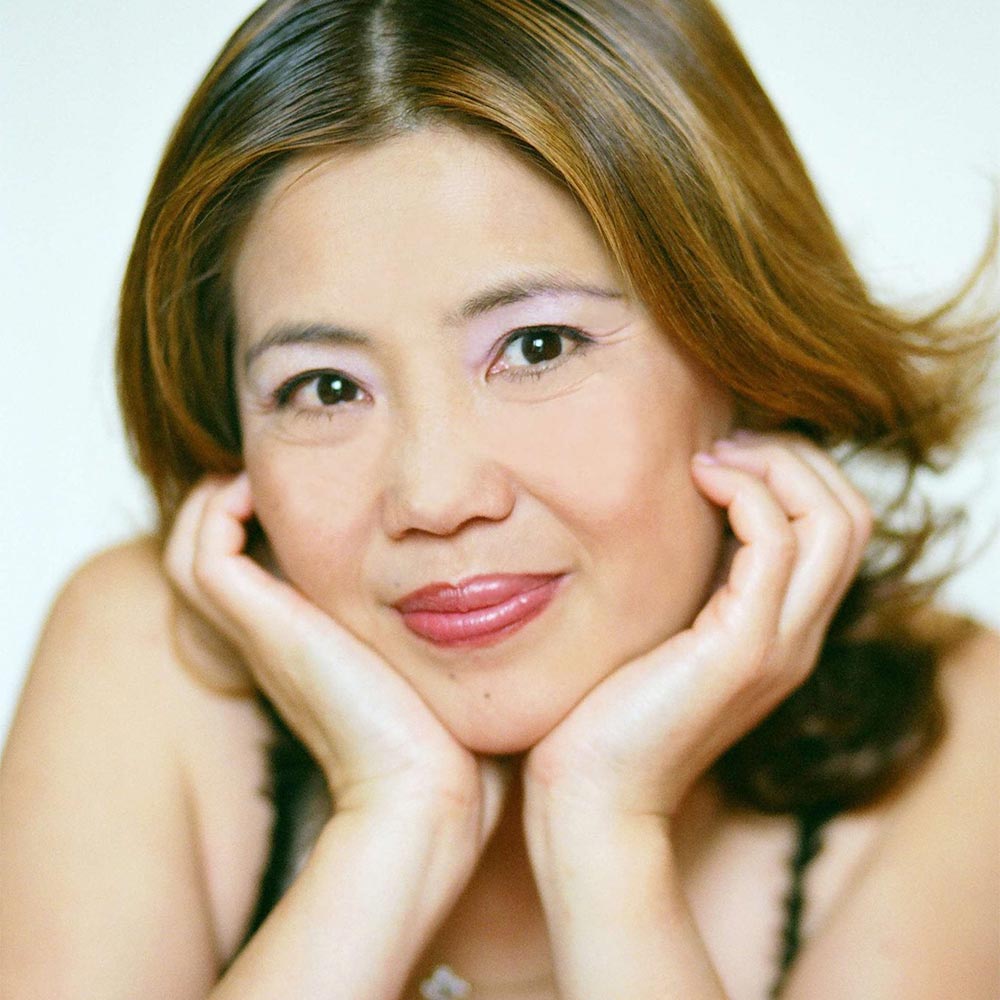
Yuko Uébayashi
Japanese-born composer Yuko Uébayashi grew up immersed in music. She began composing as a young child and emerged into the professional sphere while still a teenager. Throughout early adulthood, Uébayashi built a career in Kyoto as a freelance composer and arranged music for film scores. In 1998, she followed her musical inspiration to Paris, where she would spend the next 20 years actively writing new works. In 2018, Uébayashi left the French capital and relocated to the South of France.
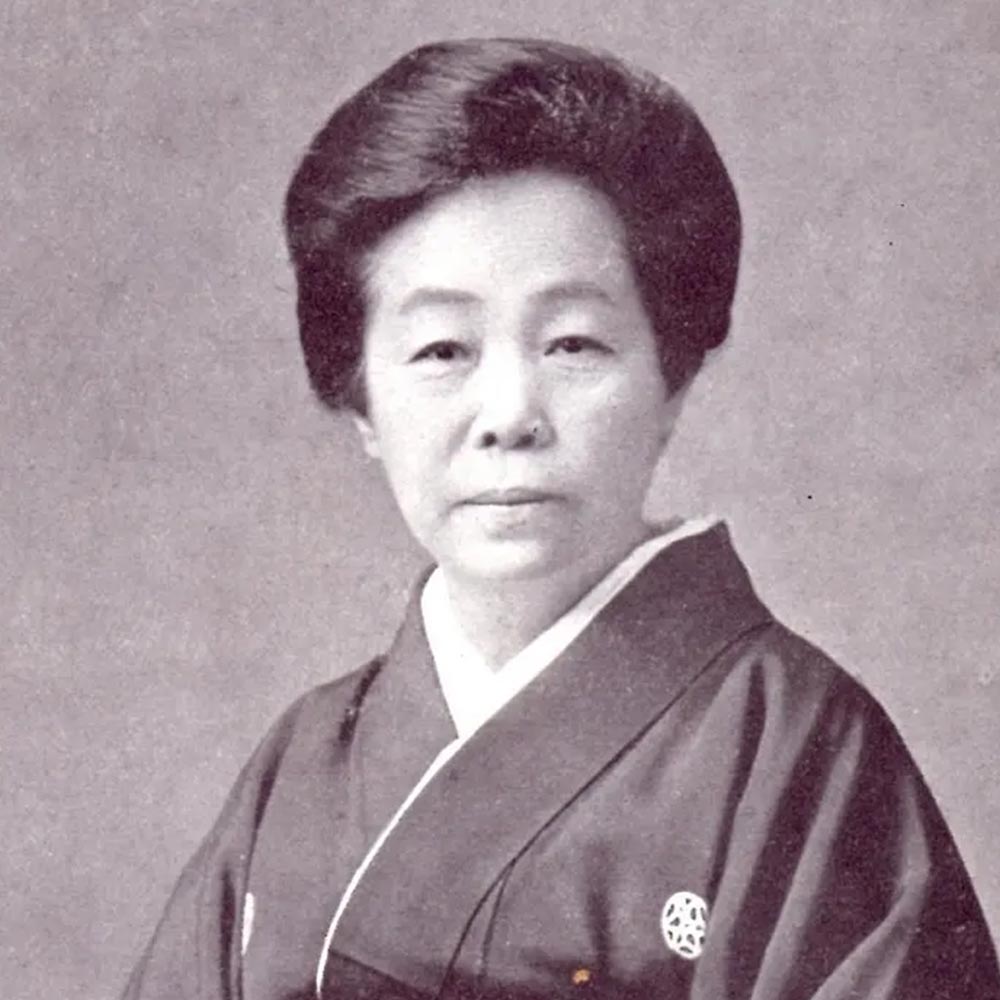
Nobu Kōda
In the second half of the 19th century, Western music began to play a significant role in Japan. Much like in the West, the study and knowledge of music became a signifier of social status in Japanese culture, particularly among women. One direct result of this cultural shift was the creation of the Tokyo Music School in 1887. The school promoted the benefits of music for mental health, self-expression, and critical thinking for its (mostly women) students.
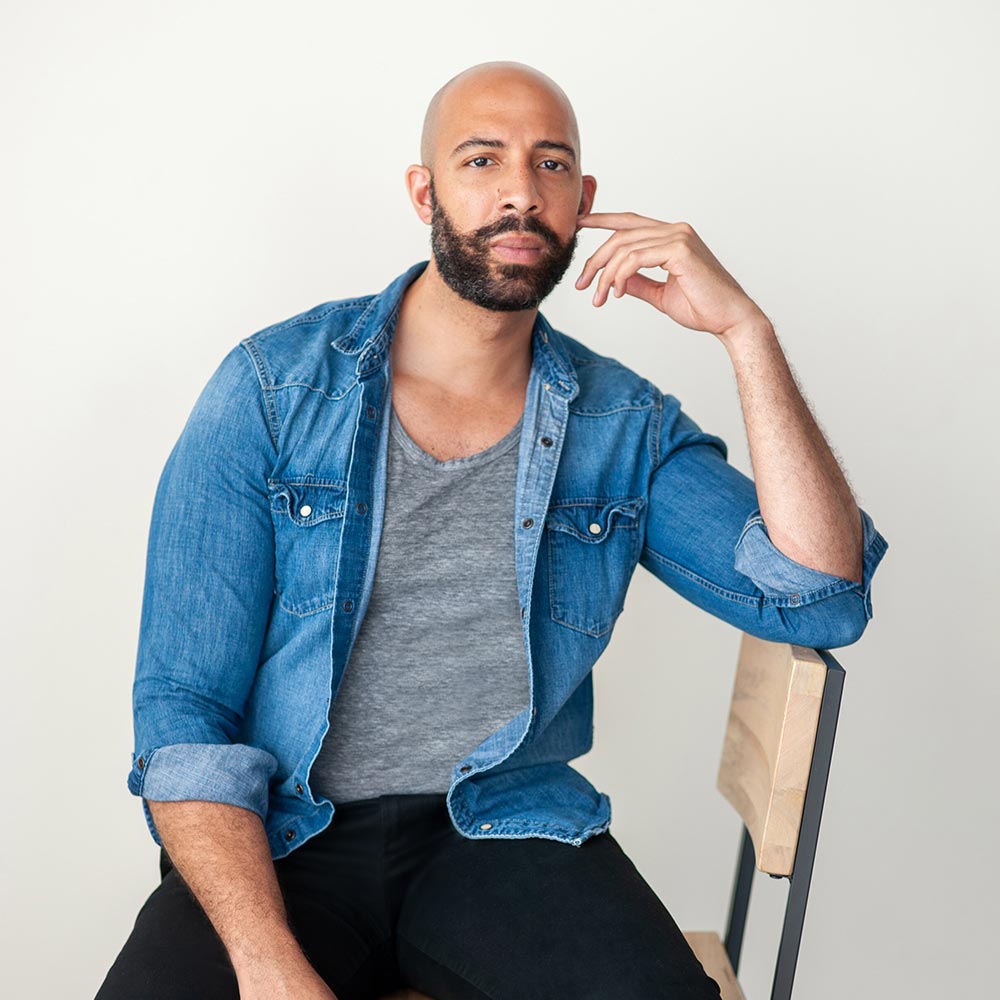
Damien Geter
Damien Geter is a diverse musical artist known for his work as a composer, actor, and bass-baritone. As a leading voice both in his role as a performer and in creating meaningful classical music, Geter uplifts, challenges, reflects, and inspires his audiences on and off the stage. Geter focuses on issues around social justice in his compositions. He thoughtfully infuses classical music with styles from the Black diaspora, such as jazz, gospel, and rhythm and blues. Geter’s works have premiered with some of the nation’s most respected institutions, such as The Kennedy Center, the Chicago Symphony Orchestra, and the Oregon Symphony. As a classical singer, Geter has performed with the Metropolitan Opera in the Grammy award-winning production of Porgy and Bess, as well as with Seattle Opera, Portland Opera, and Chicago Opera Theater.
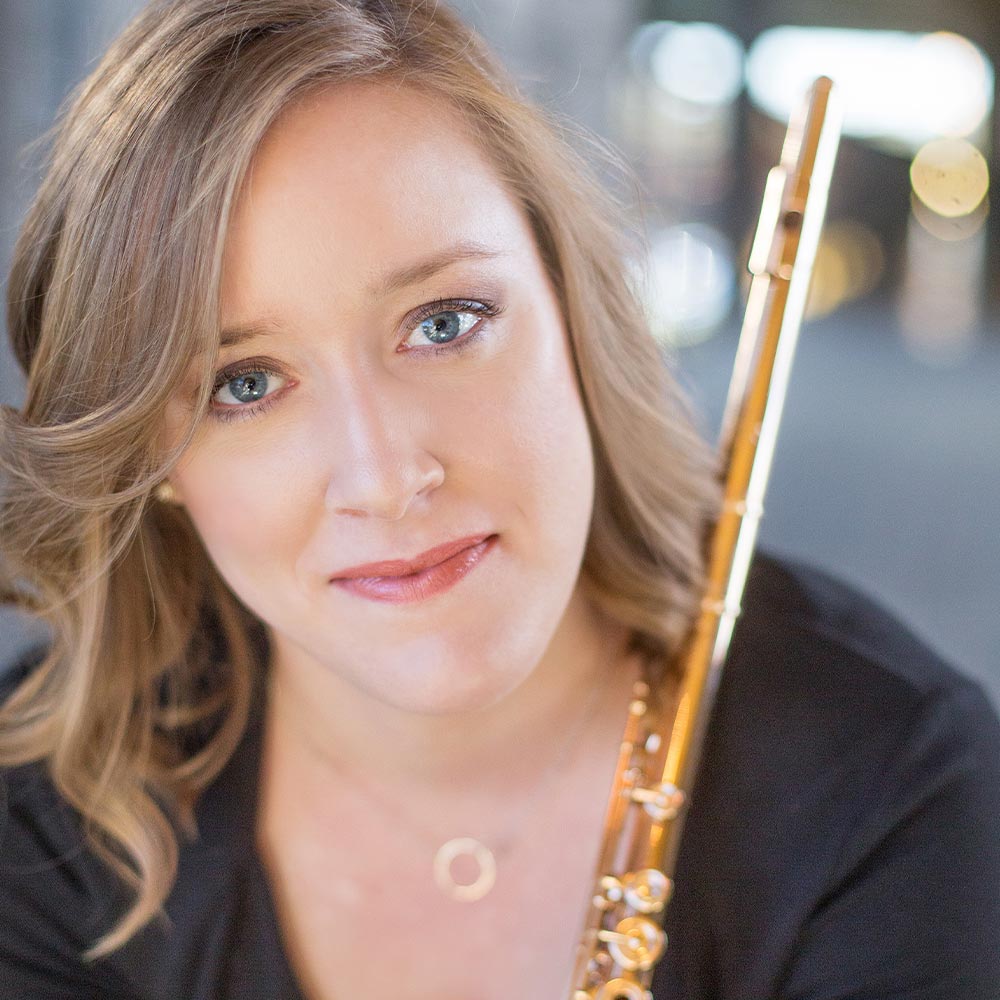
Martha Long
Martha Long joined the Oregon Symphony as principal flute in 2016. She was formerly the principal flute of the San Antonio Symphony and has performed as guest principal with the Baltimore, Chicago, and Pacific Symphonies. Originally from Chapel Hill NC, where she studied with Brooks de Wetter-Smith and Helen Spielman, Long received her Bachelor of Music from the Colburn School in Los Angeles.
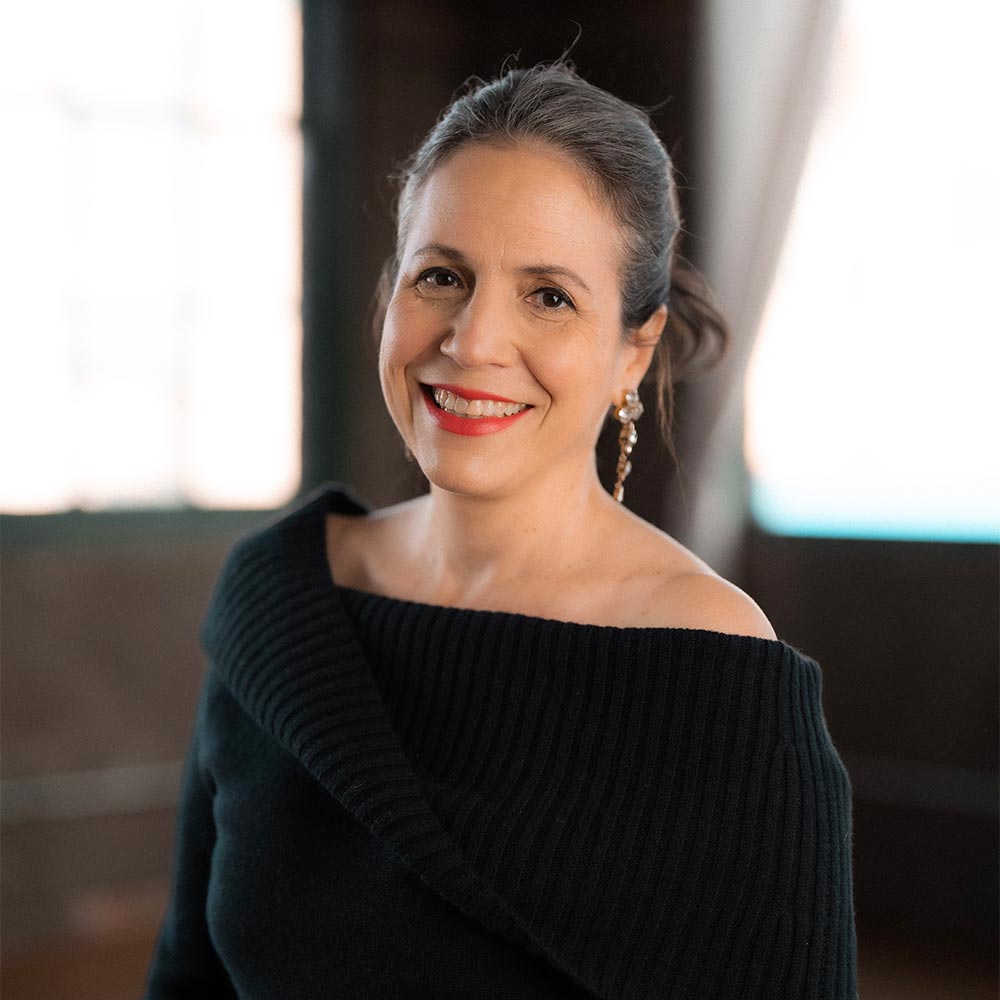
María García
María García began piano studies in her native Puerto Rico at the age of four. She received a Bachelor of Music with Distinction in Performance from the New England Conservatory of Music. Graduate studies followed at SUNY Stony Brook, where she received a full merit scholarship and completed a Master in Music. An active chamber musician and soloist, García has performed throughout the United States, the United Kingdom, Germany, the Czech and Slovak Republics, Israel, Venezuela, Tunisia, Puerto Rico, and more.
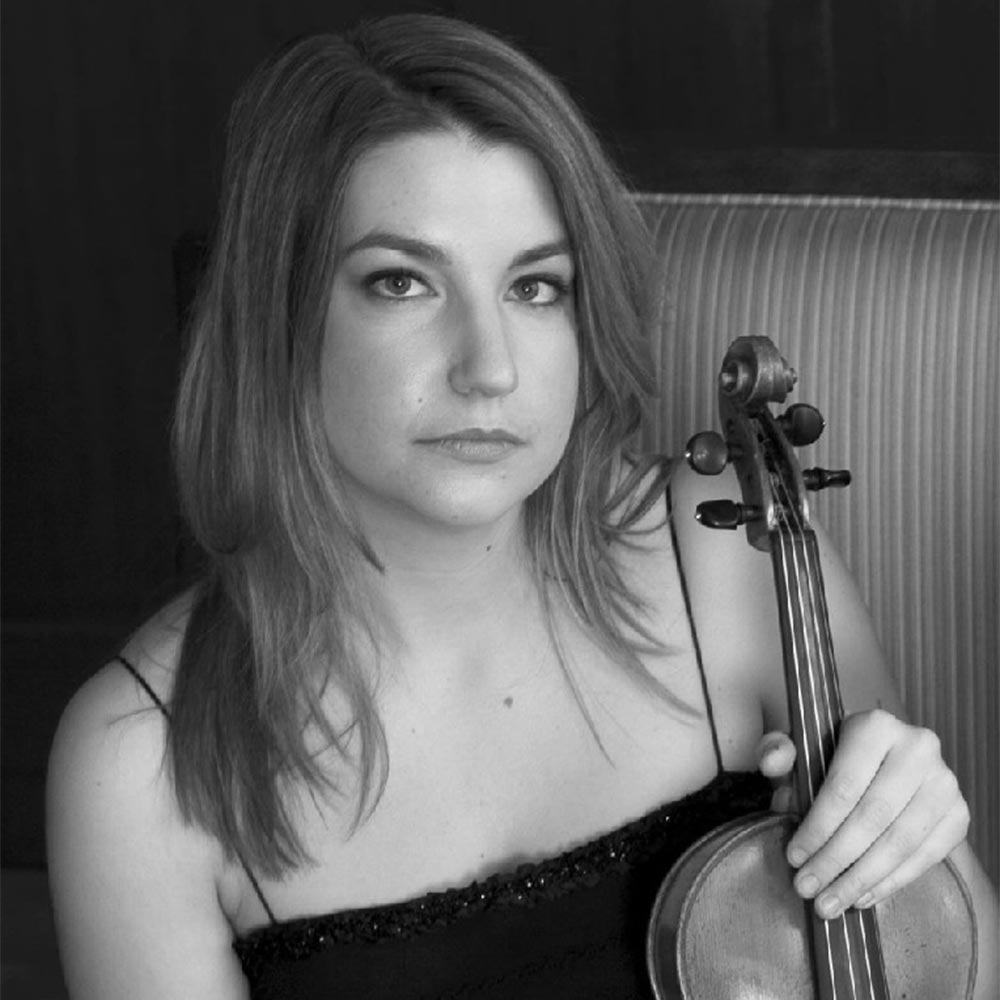
Emily Cole
Violinist Emily Cole has been a member of the Oregon Symphony since 2011. An avid chamber musician, Cole has performed with several Portland-area ensembles including 45th Parallel Universe, Third Angle, Fear No Music, and Northwest New Music, as well as with Chatter ABQ in New Mexico. She has been fortunate to premiere chamber works of Caroline Shaw, Kenji Bunch, Pierre Jalbert, and James Shields.
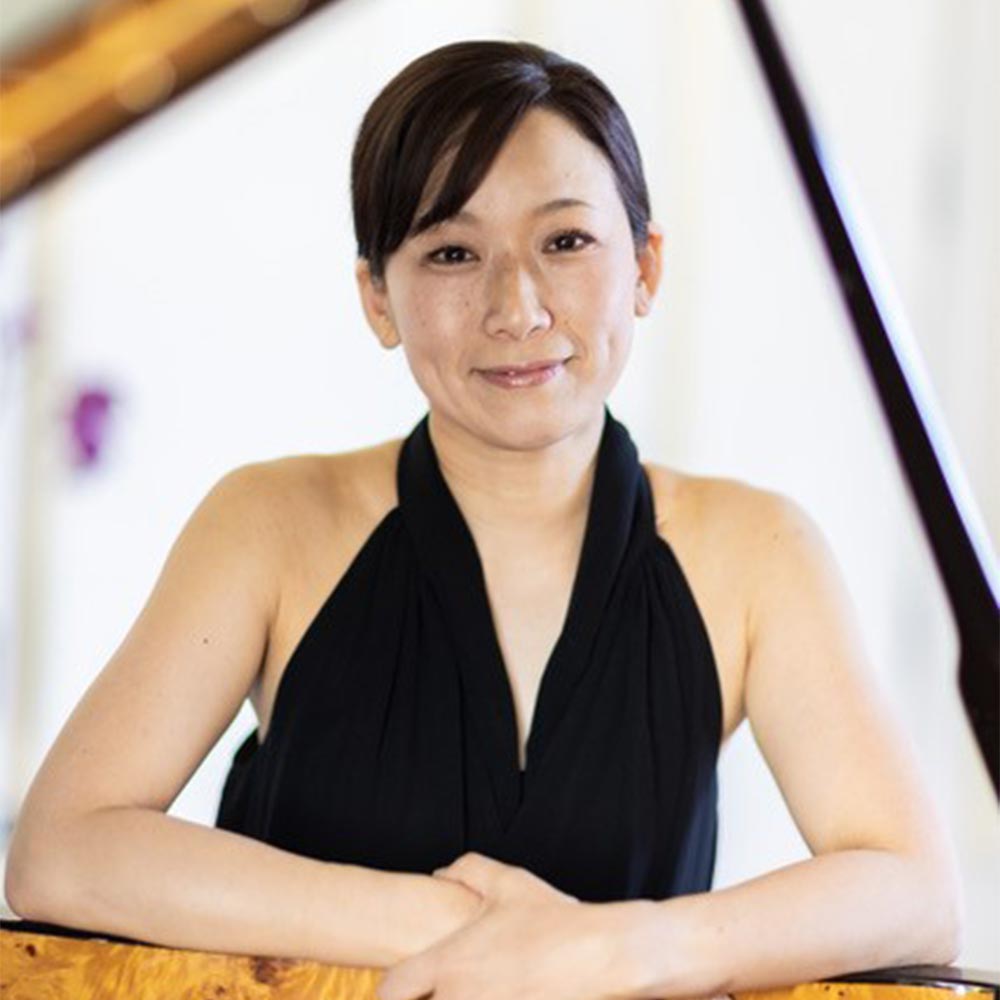
Yoko Greeney
A native of Japan and an acclaimed soloist and collaborative pianist, Yoko Greeney has won top prizes at numerous international competitions. Greeney holds a bachelor’s degree from San Francisco State University, and a master’s degree from the Peabody Conservatory of Johns Hopkins University, where she was awarded the prestigious Piano Accompaniment Assistantship.
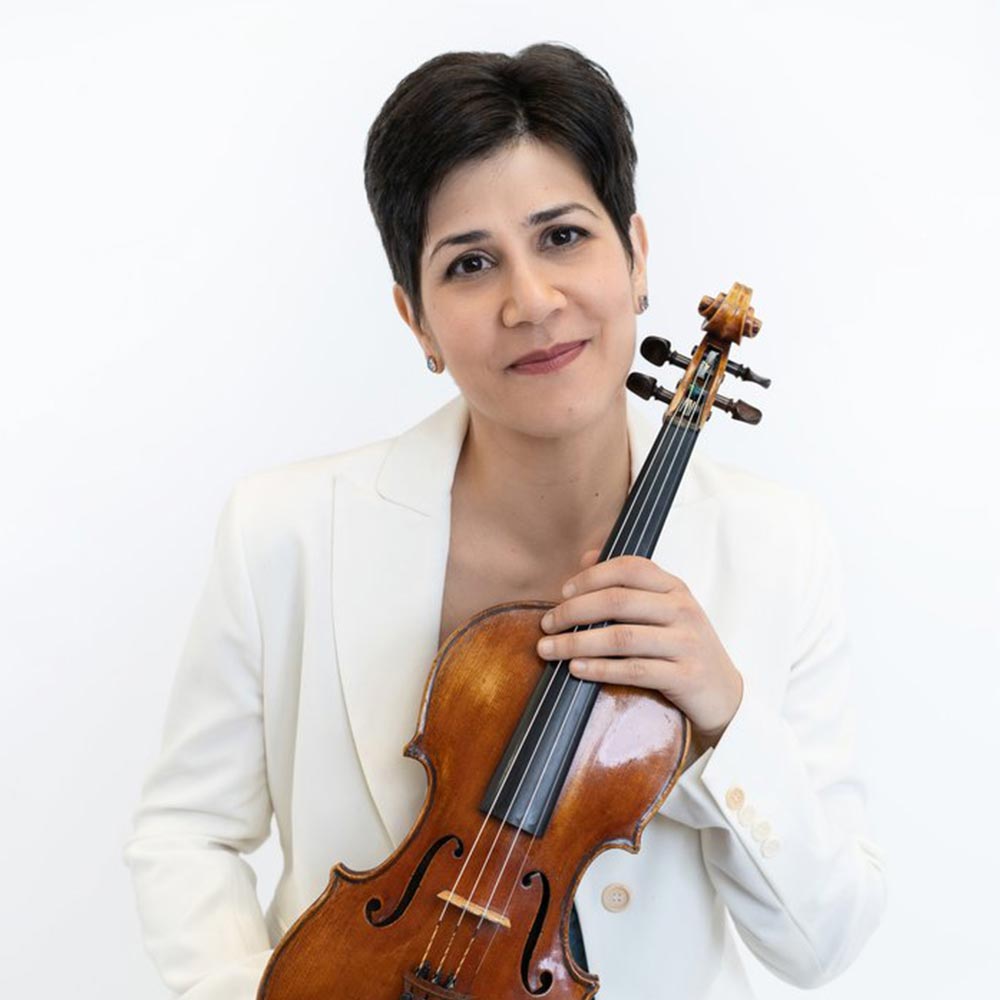
Inés Voglar Belgique
Born to a Slovenian family in Venezuela, where she studied music under the program “El Sistema” and violin with Roberto Valdes, violinist Inés Voglar Belgique came to the United States in 1996 to study at Duquesne University and Carnegie Mellon University with Andrés Cárdenes, then concertmaster of the Pittsburgh Symphony. Belgique has toured internationally and is the assistant principal second violin of the Oregon Symphony. She has served as guest concertmaster of the Galicia Symphony Orchestra and concertmaster of the Astoria Music Festival Orchestra. A renowned educator, Belgique is the conductor of the String Ensemble of the Portland Youth Philharmonic and co-director of the Portland Summer Ensembles.
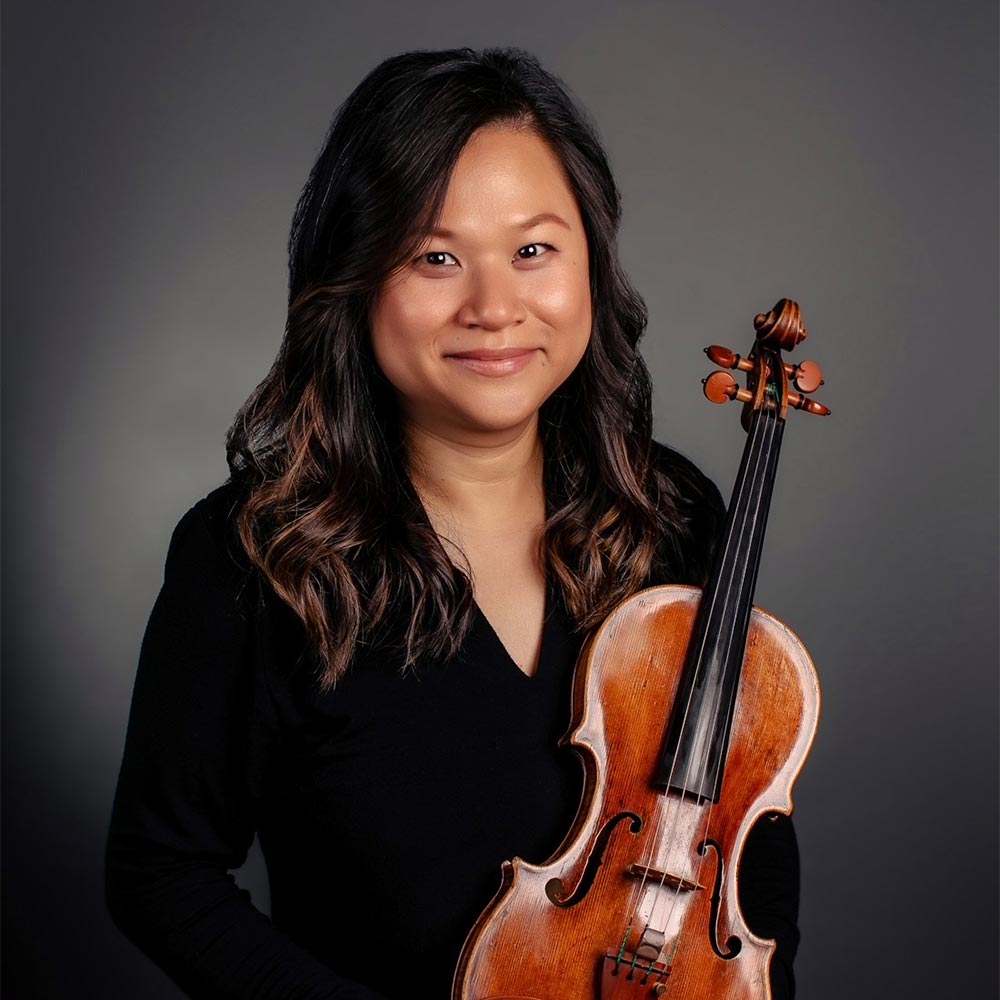
Ruby Chen
Canadian-Taiwanese violinist Ruby Chen began her musical training at a young age, and her family moved to North America to pursue her studies. In 2003, Chen entered the Eastman School of Music, earning the prestigious Performer’s Certificate. Ruby attended Yale University, where she earned both a Master of Music and an Artist Diploma. In addition to being a member of the Oregon Symphony, Chen has worked as a freelance violinist in New York City and performed with many of North America’s finest symphony orchestras, including Los Angeles, Toronto, Pittsburgh, and San Diego. A versatile violinist and an advocate of contemporary music, Chen has worked closely with composers Andy Akiho, Elliott Carter, Mario Davidovsky, and Christopher Theofanidis, among others.
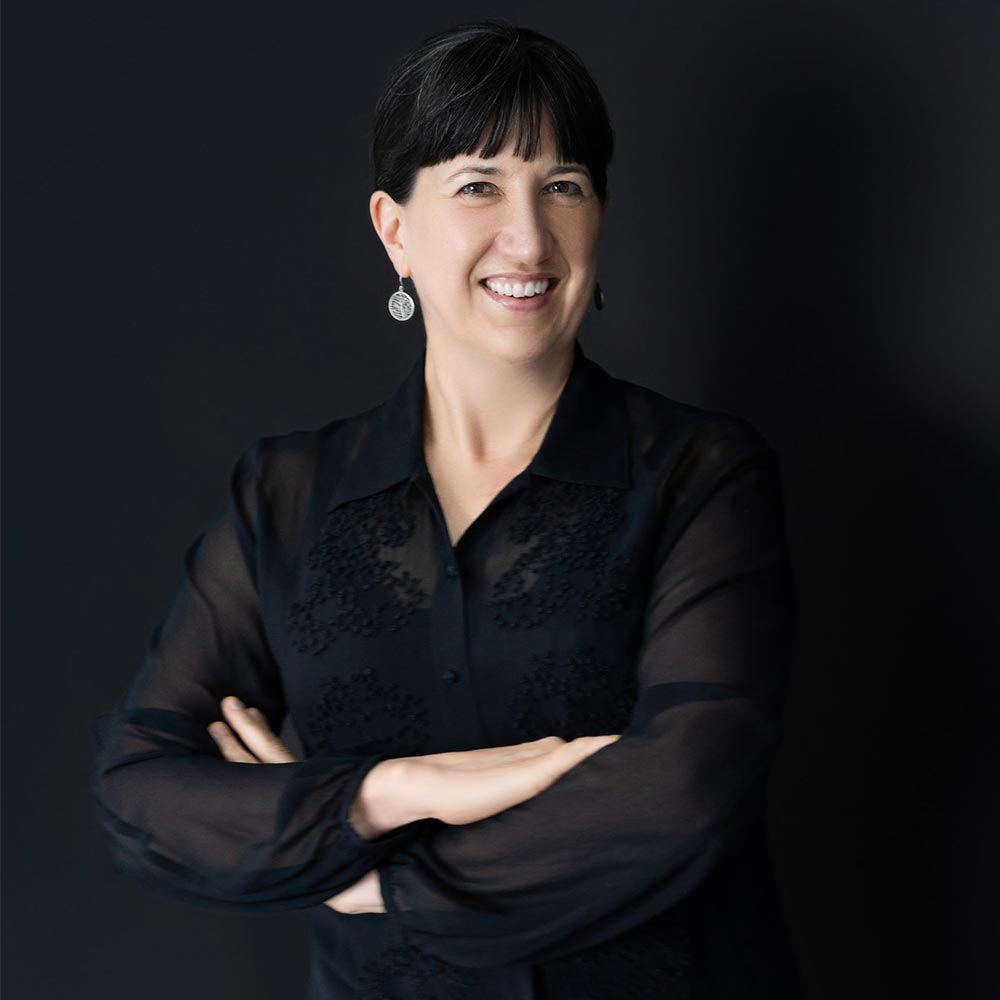
Nancy Ives
Composer and cellist Nancy Ives (D.M.A.) has served for more than 20 years as principal cellist of the Oregon Symphony. A relative of the composer Charles Ives, she “carries on the tradition of her namesake with modern relevance,” (Oregon Coast Today). Her profound collaborative work Celilo Falls: We Were There received its world premiere to wide acclaim in 2022. Ives has appeared with the Oregon-based Chamber Music Northwest, Third Angle, Portland Piano International, the Oregon Bach Festival, and the Vancouver Symphony. She has performed with avant-garde artist Laurie Anderson, Brazilian pop star Gal Costa, and rock star Lenny Kravitz. A sought-after educator and arts leader, Ives is an instructor at Lewis & Clark College and serves on the Board of Directors for All Classical Radio and Resonance Ensemble.
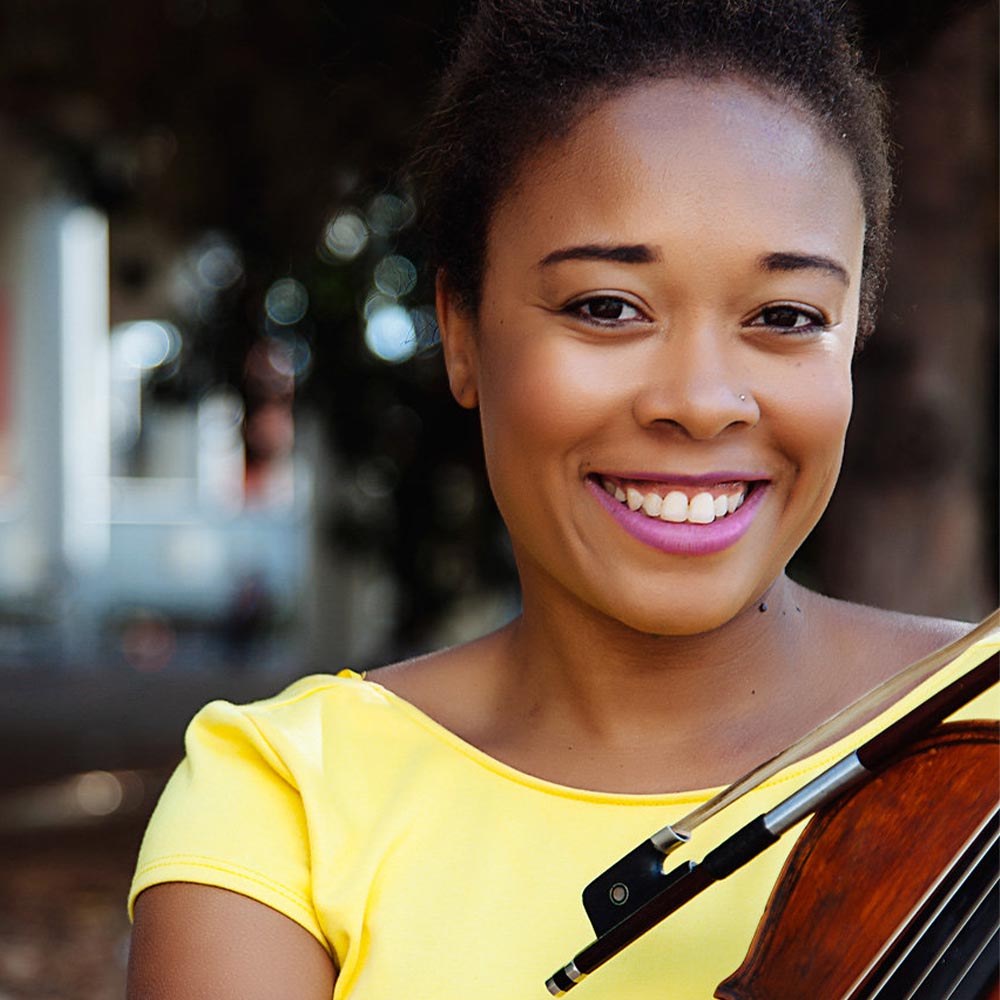
Jennifer Arnold
Violist Jennifer Arnold is a freelance musician, arts consultant, and educator living in Taiwan while on sabbatical. She is the Artistic Advisor for the Richmond Symphony (VA) and advisor for the Cleveland Institute of Music. From 2019 to 2022, she served as the Director of Artistic Planning and Orchestral Operations for the Richmond Symphony, focusing on expanding the symphonic canon and creating opportunities for historically excluded artists to perform. Before her move to Richmond, she enjoyed 15 years as a violist with the Oregon Symphony in Portland OR. One of Arnold’s greatest joys is teaching at the Sphinx Performance Academy, which she has been doing for over 15 seasons. Arnold also performs as a member of the Gateways Festival Orchestra, Sphinx Symphony, Oregon Bach Festival, and with her string quartet, mousai REMIX, and is a founding member of the advocacy organization Black Orchestral Network.
